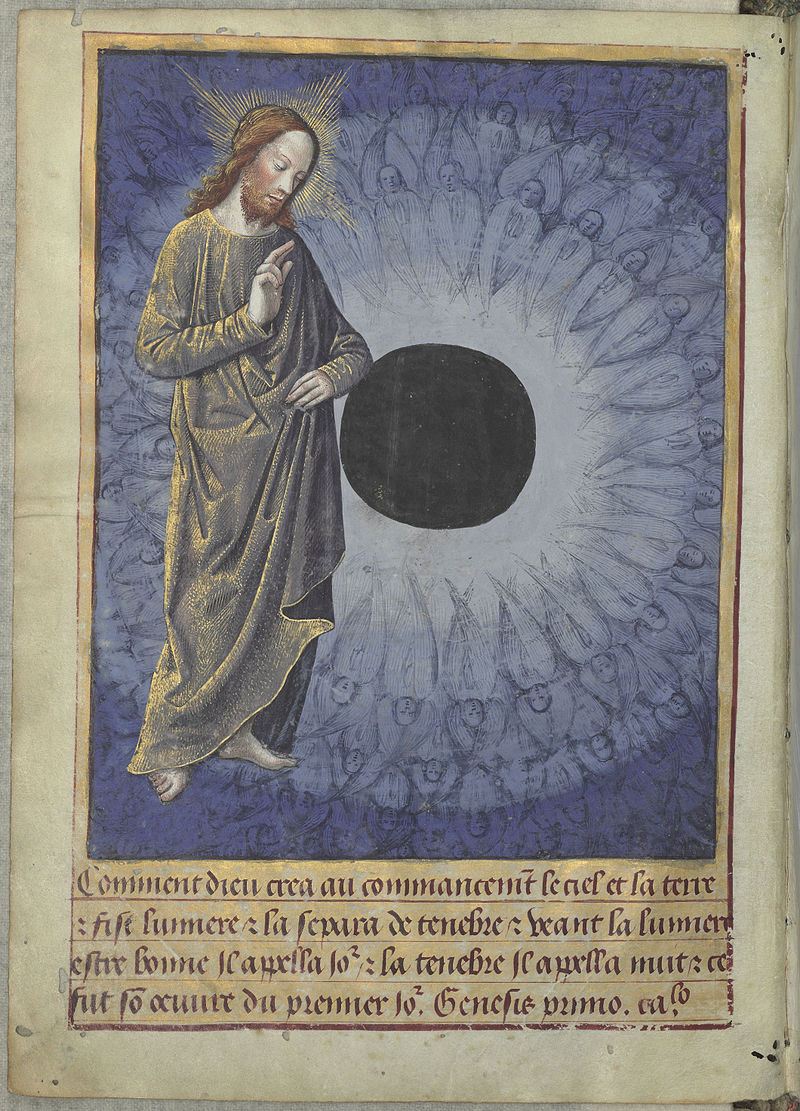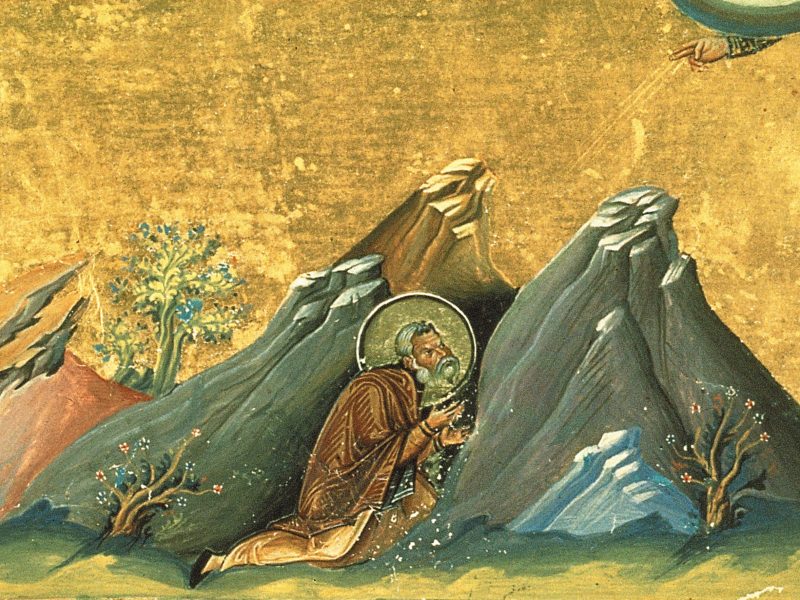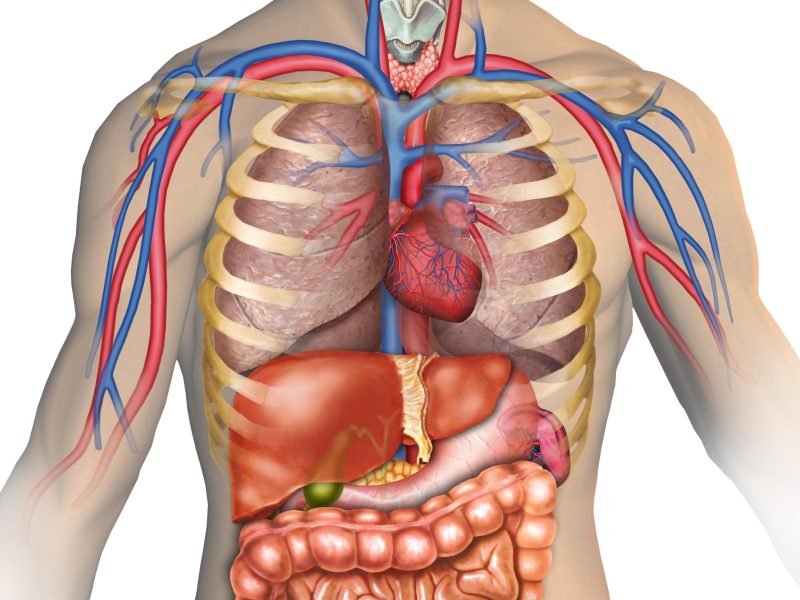Newsletter for 7/30/22
by Gideon Lazar
We recently held our first conference, which was a great success. I want to share some of the insights on the importance of creation that I discussed at the conference. I will start this week by discussing the theological importance of creation, and in the coming weeks I will share some of the spiritual and social implications of creation that I discussed.
Of course there are countless different theological issues that are could discussed when it comes to creation. I decided to focus on two that I brought up in my talk at the conference.
I am frequently asked what dogmas of the Catholic faith are contradicted by evolution. There is an important presupposition within this question: that the Catholic faith consists only of a list of propositions, perhaps a list one could get from Ott, which have been dogmatized by the magisterium, and outside of that one can believe whatever he would like. However, this list is not the only thing a Catholic ought to believe. The Catechism of the Catholic Church, paragraph 84, says that “The apostles entrusted the ‘Sacred deposit’ of the faith (the depositum fidei), contained in Sacred Scripture and Tradition, to the whole of the Church.”
It is this deposit of faith which we ought to believe. The prophets and apostles took what they were taught by God and guided by the Holy Spirit put it down in scripture and tradition. That deposit is what we ought to believe. At times this deposit has been challenged by heretics, and so the Holy Spirit has guided the Church to make dogmatic a contested point. At this point, no further debate can be had. But this does not mean that it would have been totally fine to deny the point before its dogmatization, or that it was not part of the faith before it. Rather, it is merely a clarification by the magisterium that this point is indeed part of the deposit of faith.
As the catechism explains, this deposit contains both scripture and tradition. Therefore, the presence of the creation story and the subsequent genealogies in the book of Genesis are sufficient to prove that the traditional teaching on creation is part of the deposit of faith. It is really at this point no further debate really ought to be held. For example, St. John Chrysostom says that “When a Manichean tells you that the matter pre-existed, and when Marcion, Valentine, or a Gentile support you the same opinion, answer them that in the beginning God created heaven and earth; but if they reject the authority of Scripture, treat them as extravagant and foolish.”
The reason I have gone down this route is to make the point that creation theology can help us restore a fuller sense of the inspiration of scripture and the deposit of faith. It is no surprise that those who deny creation also usually deny a good chunk of the rest of the Old Testament as historically accurate. They are caught up in modern historical criticism. Moses didn’t really exist, David was just a tribal chieftain, Isaiah didn’t prophesy Cyrus, and most of the Old Testament was actually written by pagans anyways. This is what is being taught at almost every “Catholic” biblical studies program today unfortunately. You cannot neatly cut off Genesis 1-11 from the rest of scripture. It’s all tied together. One who does not believe the beginning of scripture is unlikely to believe the rest of it.
Another important reason for creation is the universal nature of the gospel. This was brought up by quite a number of other speakers as well at our conference. Christ’s redemptive work extends not only to humanity but to the whole cosmos. We believe in a bodily resurrection of the dead and a new Earth. Heaven is not just a disembodied reality. While we do go to a disembodied realm temporarily after our death, we await the resurrection. The Church has been repeatedly clear that this is not just a metaphor. We are not Gnostics.
If one believes a naturalistic account of origins though, it seems one is unlikely to believe a supernaturalistic account of eschatology. For example, one contemporary Catholic apologist recently claimed that the eschaton won’t apply outside our solar system. This is a clear denial of the cosmic nature of Christ’s work that the Church has always taught. At least he believes in the resurrection of man though. For many Catholics, they are totally unaware the Church even teaches this. It seems odd the Church would even teach such a thing if everything else the Church teaches is merely spiritual. If we do not teach creation really happened, if we do not teach the exodus really happened, if we teach that the Catholic faith is just a list of intellectual propositions that has nothing to do with the real world in front of us, then why would it teach a renewal of the physical cosmos? We end up with a gnostic religion that has little to do with the Catholic faith. While perhaps one cannot prove syllogistically that denying creation leads to a denial of the resurrection, it is the mindset which is important here.
As mentioned above, in the coming weeks I will share the other parts of my talk. We will also be sharing some of the other fruits of our conference in the coming weeks and months as well.


